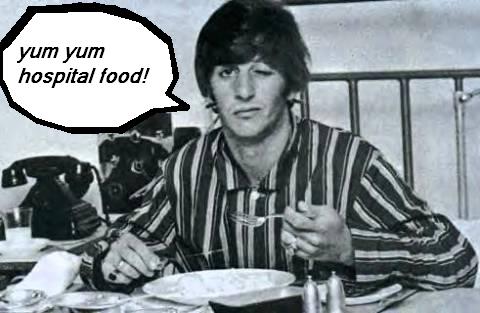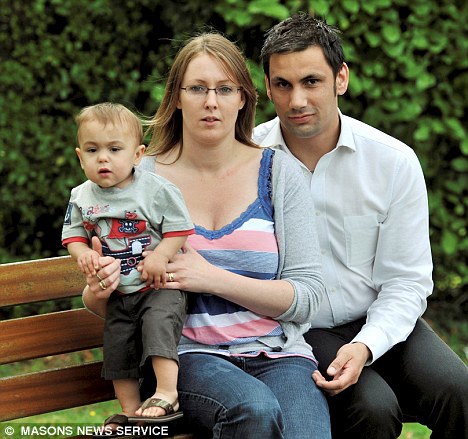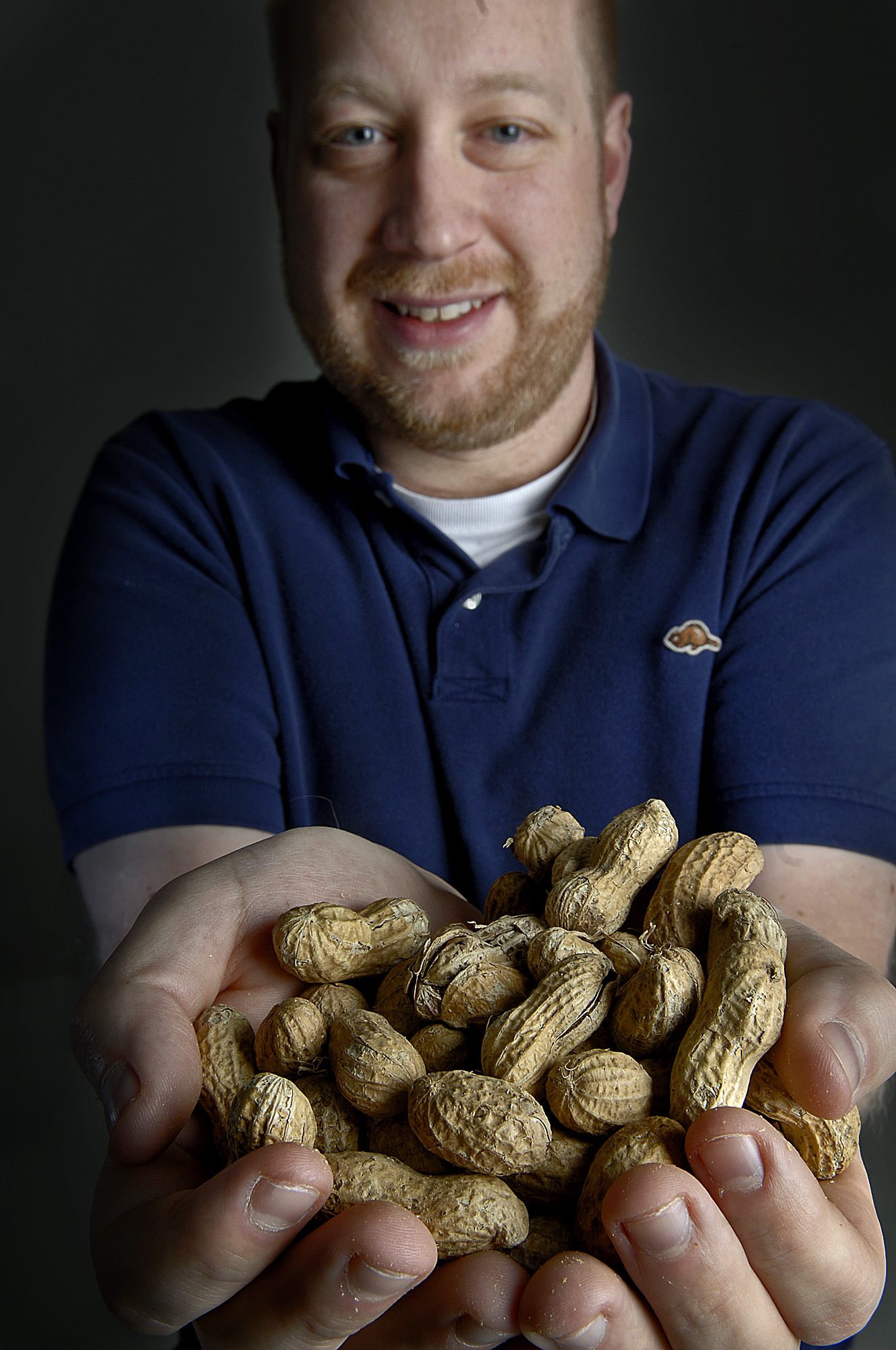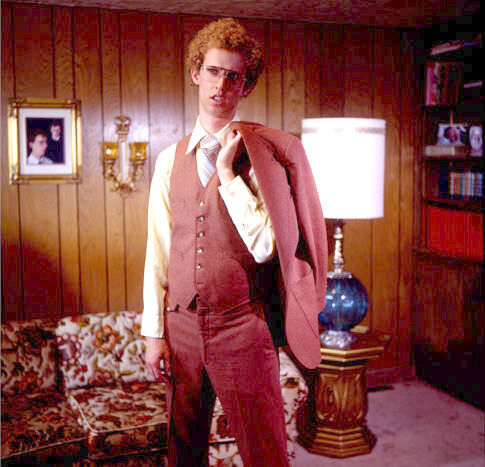It’s bad enough to be in the hospital; it’s worse when the food at the hospital is what kills.
 Louisiana state officials say they suspect food poisoning as the cause behind the weekend deaths of three patients at Pineville’s Central State Hospital.
Louisiana state officials say they suspect food poisoning as the cause behind the weekend deaths of three patients at Pineville’s Central State Hospital.
Forty patients at the behavioral health hospital showed signs of gastrointestinal stress beginning around 6:30 a.m. Friday with the three deaths a 43-year-old woman, 41-year-old man and 52-year-old man happening late Friday night or early Saturday morning.
Two patients remain hospitalized at Huey P. Long Medical Center in Pineville. A total of 11 patients and four staff members were treated there for possible food-poisoning symptoms.


 their hands before advancing any further.
their hands before advancing any further. in various settings.
in various settings. The Health Protection Agency said yesterday
The Health Protection Agency said yesterday We found 17 per cent of students during a norovirus outbreak at the University of Guelph used a prominently displayed hand sanitizer back in 2006.
We found 17 per cent of students during a norovirus outbreak at the University of Guelph used a prominently displayed hand sanitizer back in 2006.
 Shocked hospital workers say they were only warned about the change days earlier when a sign went up.
Shocked hospital workers say they were only warned about the change days earlier when a sign went up.
 Apparently, Depp gave the hospital £1 million ($2 million) of his own money. He also invited 5 doctors to see the London premiere of his most recent movie, Sweeney Todd.
Apparently, Depp gave the hospital £1 million ($2 million) of his own money. He also invited 5 doctors to see the London premiere of his most recent movie, Sweeney Todd.